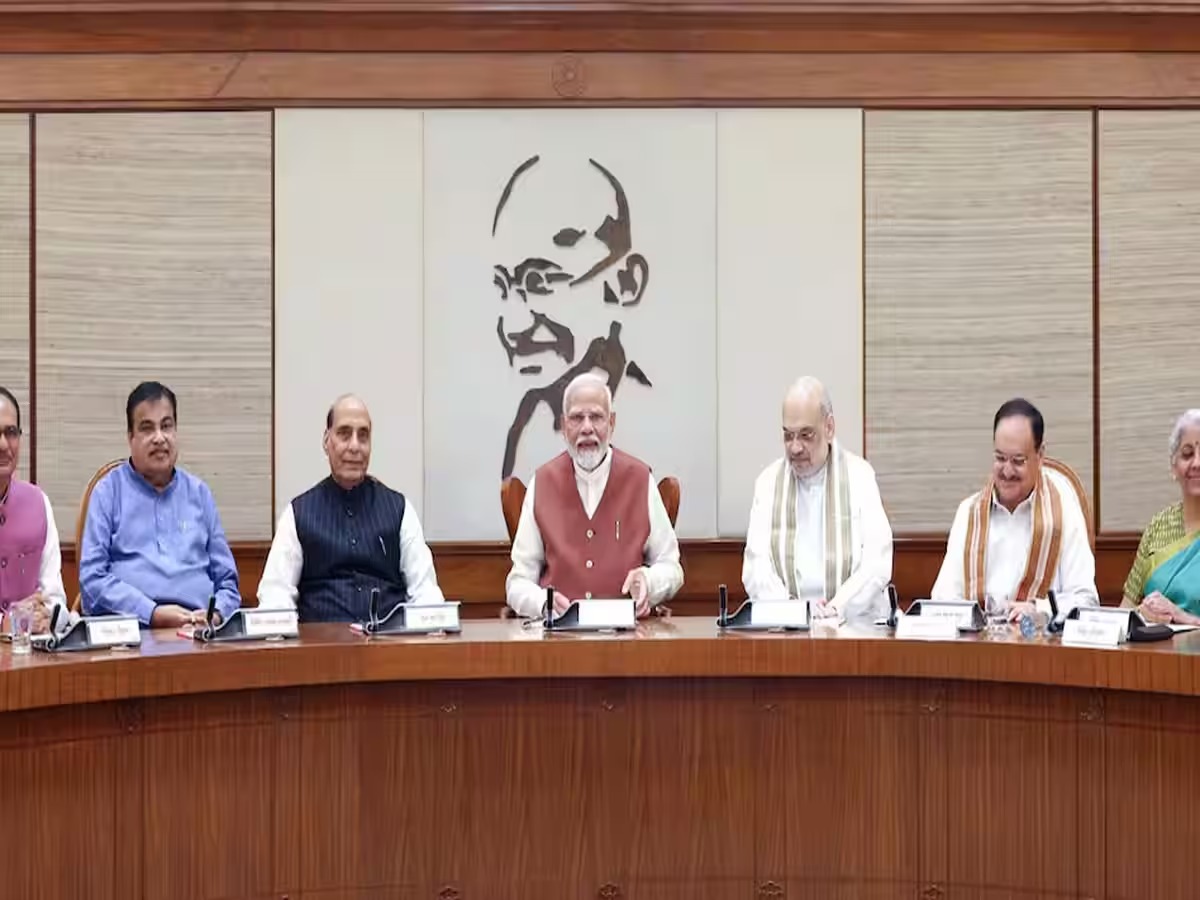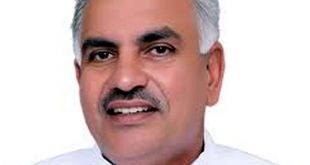
In the meeting of the Union Cabinet chaired by Prime Minister Narendra Modi on Friday, the Supreme Court's decision on sub-classification of reservation for SC and ST in the Constitution was discussed in detail. It was clarified in the meeting that there is no provision of creamy layer in the reservation system for Scheduled Castes (SC) and Scheduled Tribes (ST) in the Constitution prepared by Dr. BR Ambedkar. In such a situation, provision of reservation should be made according to Ambedkar's Constitution.
The Supreme Court's decision was discussed in the cabinet meeting. The cabinet believed that the NDA government is committed to the Constitution made by Ambedkar and there is no provision for creamy layer in SC ST. Addressing the media after the cabinet meeting, Information and Broadcasting Minister Ashwini Vaishnav talked about the debate started by the Supreme Court's decision on SC-ST reservation.
Ashwini Vaishnav said that the government is committed to the Constitution
And the Supreme Court has given its decision on reservation and has given suggestions on the issue of SC-ST reservation. There was a wide discussion on this in the cabinet. The NDA government is committed to the Constitution made by BR Ambedkar. According to BR Ambedkar's Constitution, there is no provision of creamy layer in SC ST anatam.
He also stressed that reservation for SCs and STs should be implemented as per constitutional guidelines. Asked if the issue was raised by the Social Justice and Empowerment Minister or the Prime Minister, Vaishnaw said it was a well-considered idea of the Cabinet.
MPs met PM Modi
Earlier on Friday, a delegation of SC and ST MPs met Prime Minister Modi and discussed the SC/ST reservation issue and the Supreme Court verdict. After the meeting, PM Modi told X that he met a delegation of SC/ST MPs today and reiterated his commitment and resolve for the welfare and empowerment of SC/ST communities.
BJP Rajya Sabha MP Sikandar Kumar, who was part of the delegation that met the Prime Minister, said that we are all worried about the Supreme Court's remarks. We get calls from people expressing concern over this matter. A delegation of MPs representing SC and ST met the PM and expressed their concern over the matter.
Kumar said that the PM had a serious discussion with the MPs and assured that the government will not allow the Supreme Court's comments to be implemented. He said that we are grateful to the PM for this. BJP MP Faggan Singh Kulaste said that the delegation has stressed in its petition to the PM that the Supreme Court's comment on the creamy layer issue should not be implemented. He told PTI that the PM also had similar views. He assured us that he will look into the matter and asked us not to worry. He said that it will not be applicable to SC and ST category.
what did the supreme court say
Earlier this month, a seven-judge bench of the Supreme Court headed by Chief Justice DY Chandrachud delivered a 6:1 majority verdict last week allowing quotas for SCs and STs. The court said a new sub-category can be created within the SC/ST category and the most backward classes can be given separate reservation under it.
At present, SCs get 15 per cent reservation and STs get 7.5 per cent reservation in the country. After the Supreme Court's decision, state governments can fix a separate quota for the weaker sections of SCs and STs only in this 22.5 per cent castes of SCs and STs. While giving permission to the state governments to give quota, the Supreme Court said that the states cannot take decisions based on their whims and political ambitions. If yes, then their decision can be subject to judicial review. If a state gives quota within quota to a caste, then it will have to prove that it has been done on the basis of backwardness. It will also be seen that 100 per cent of the total membership of SC-ST is not given to any of its sections.
 look news india
look news india
